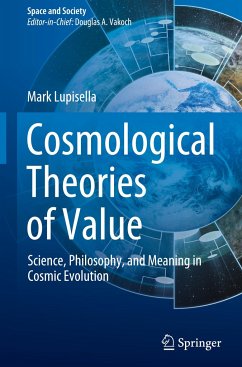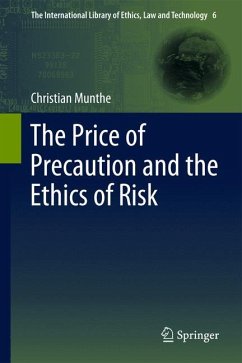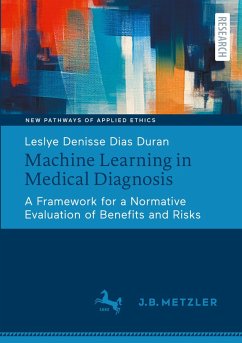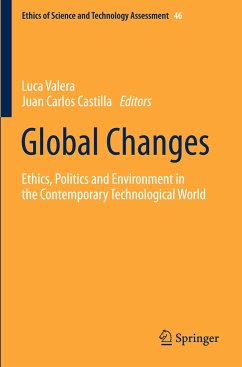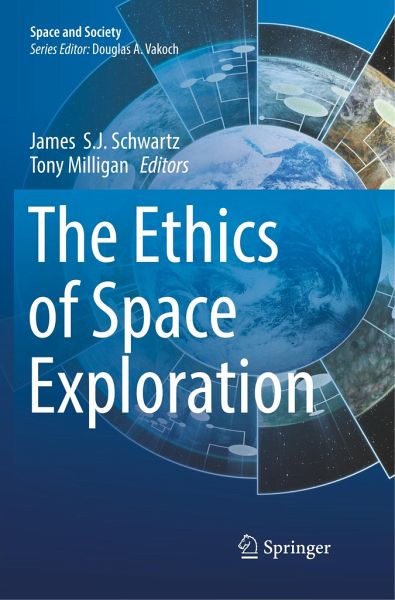
The Ethics of Space Exploration
Versandkostenfrei!
Versandfertig in 6-10 Tagen
91,99 €
inkl. MwSt.

PAYBACK Punkte
46 °P sammeln!
This book aims to contribute significantly to the understanding of issues of value (including the ultimate value of space-related activities) which repeatedly emerge in interdisciplinary discussions on space and society. Although a recurring feature of discussions about space in the humanities, the treatment of value questions has tended to be patchy, of uneven quality and even, on occasion, idiosyncratic rather than drawing upon a close familiarity with state-of-the-art ethical theory. One of the volume's aims is to promote a more robust and theoretically informed approach to the ethical dime...
This book aims to contribute significantly to the understanding of issues of value (including the ultimate value of space-related activities) which repeatedly emerge in interdisciplinary discussions on space and society. Although a recurring feature of discussions about space in the humanities, the treatment of value questions has tended to be patchy, of uneven quality and even, on occasion, idiosyncratic rather than drawing upon a close familiarity with state-of-the-art ethical theory. One of the volume's aims is to promote a more robust and theoretically informed approach to the ethical dimension of discussions on space and society. While the contributions are written in a manner which is accessible across disciplines, the book still withstands scrutiny by those whose work is primarily on ethics. At the same time it allows academics across a range of disciplines an insight into current approaches toward how the work of ethics gets done. The issues of value raised could be used toinform debates about regulation, space law and protocols for microbial discovery as well as longer-range policy debates about funding.



